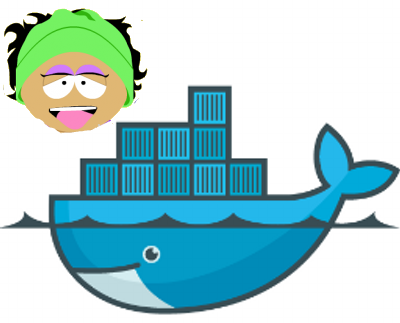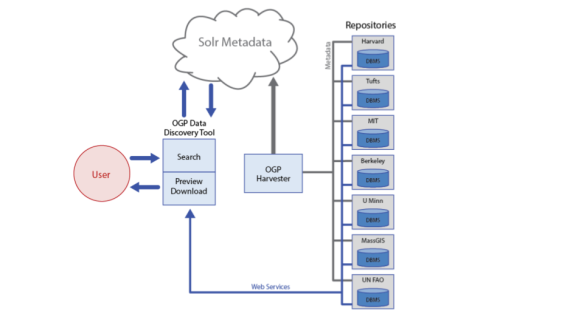In some ways, docker can be seen as the holy grail of DevOps: develop locally, ship everywhere.

Although it is still a relatively recent technology, docker’s adoption curve has been so steep that it has become almost a standard-de-facto in the software industry, for shipping software applications.

Companies such as CloudBees or Elastic, and Free and Open Source projects such as PostgreSQL or Debian, all make their applications available through the official repositories of docker hub, the largest public container repository, where you can find anything from a text parser to an operating system.
Are people really using docker in production? The answer is “yes”, and perhaps the best use case is Spotify, who is not only using it, but also contributing to its usage, by making available their client Java libraries.
As an earlier adopter, I consider myself as an enthusiast, although I already had some “oops” moments which made me question if I want to be always riding on the “crest of the wave” (specially on production). Overall, I think it is a fascinating technology and I would recommend every programmer to at least know it, and apply it even if just for the simplest use cases: quickly try a software application without “polluting” your local environment, and test your software in a “clean” environment which mimics the customer’s settings. A more serious use of docker could be facilitating a continuous deployment and testing pipeline, in a cloud platform.
I recently took the challenge of Kato global to start teaching a series of docker courses, specially aimed at programmers. The first course will be an introduction, and thus it will not require any prior knowledge of docker, and subsequent courses will build on this knowledge to take students one step further. The idea is to share my first-hand knowledge of using docker in production, by doing “hands-on” courses, for people working in the software industry, with real life challenges. The first course is schedule for September, in Lisbon.
https://www.meetup.com/KATO-Lisbon/events/252827669/
https://www.eventbrite.com/e/braingym-docker-for-programmers-2-day-course-tickets-48117883886
If you are a developer, don’t miss this opportunity to extend your skills set as a DevOps, and find in which ways docker could make your life easier.

Hope to meet you in September!


